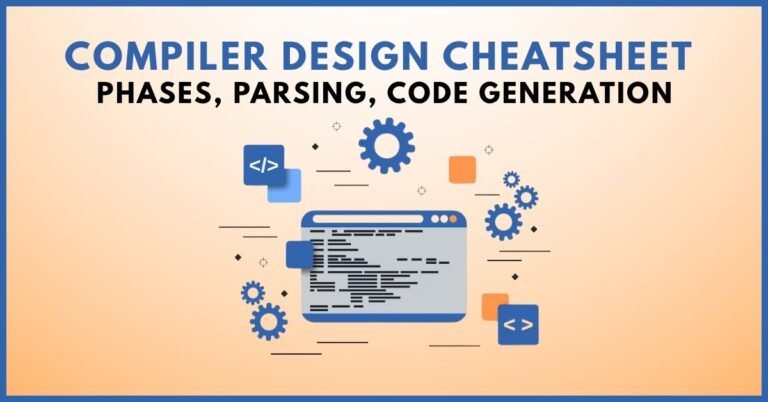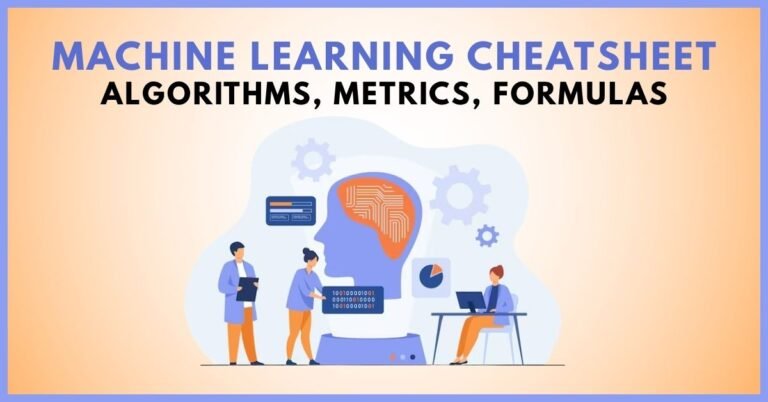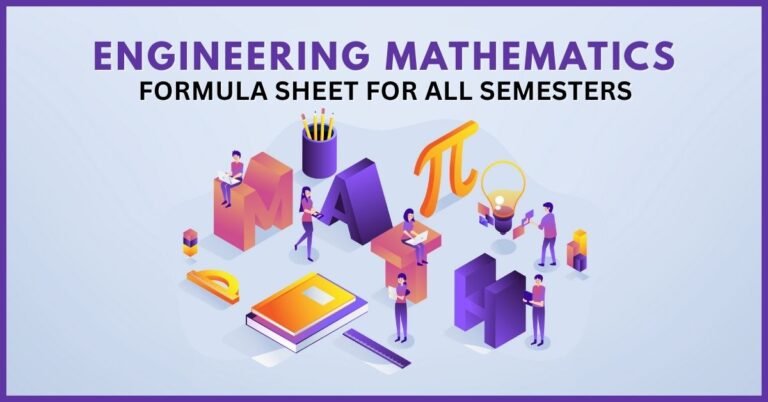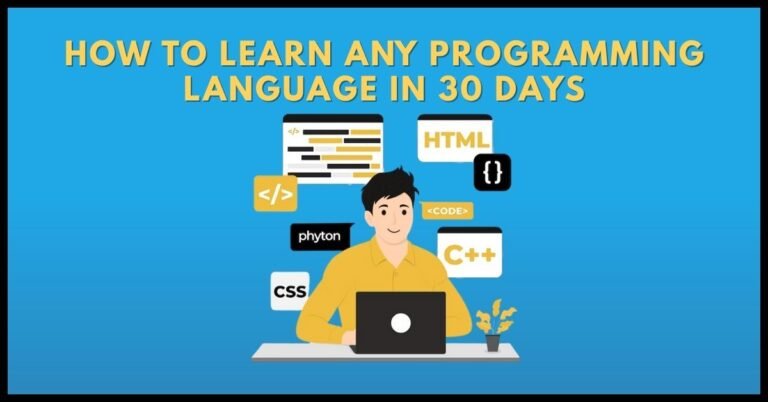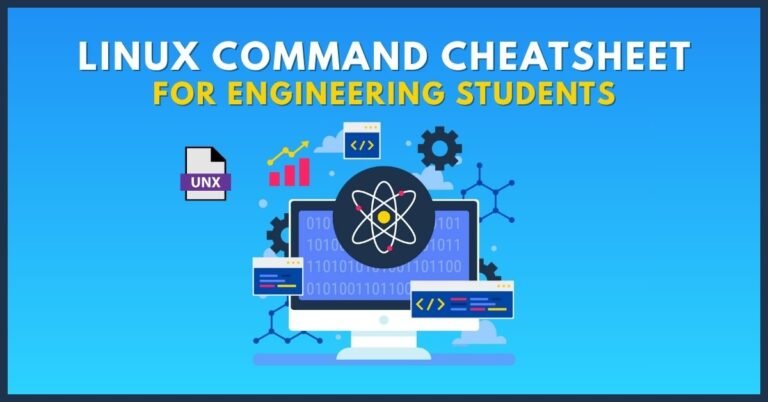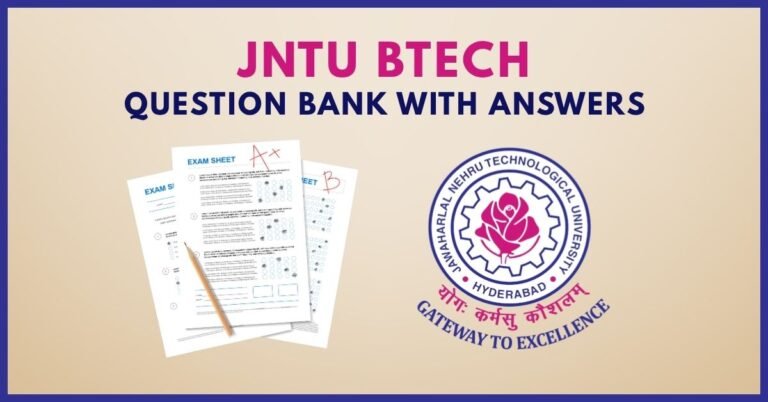BTech 1st Year Notes & Cheatsheets (Subject-Wise)
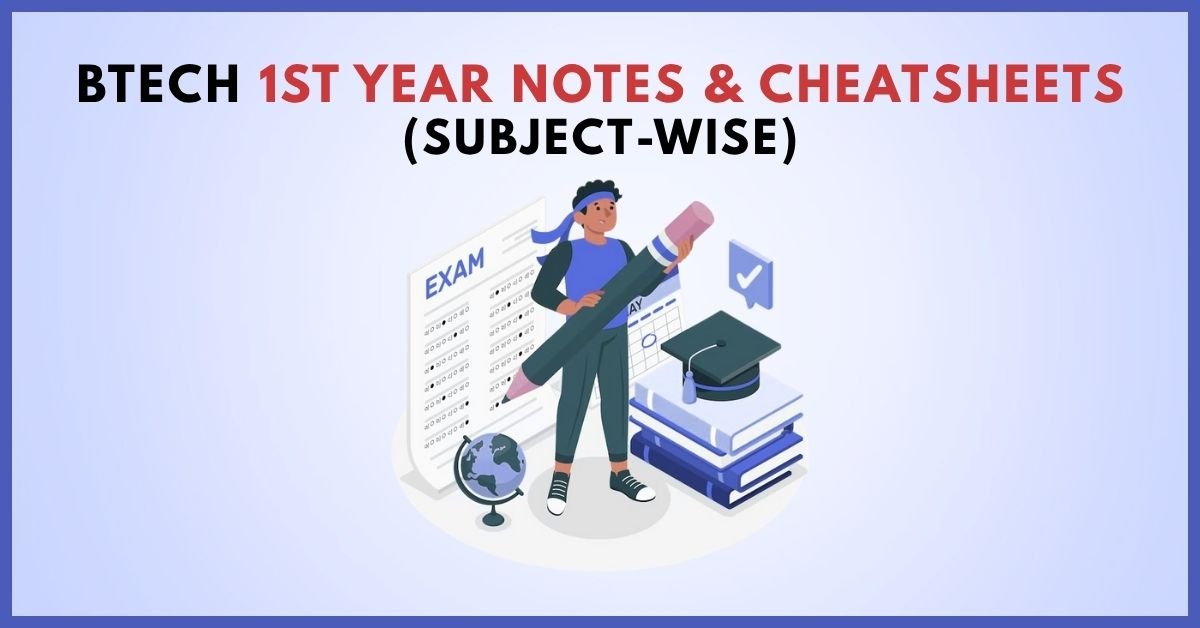
The first year of engineering is one of the most crucial stages for every BTech student. It sets the foundation for higher semesters and covers subjects from multiple disciplines like Physics, Chemistry, Mathematics, Programming, and Basic Electricals. However, with so many new topics and lengthy textbooks, students often struggle to revise before exams.
That’s where BTech 1st Year Notes and Cheatsheets come in. These concise, subject-wise notes are designed to help students save time, revise faster, and focus on the most important concepts, formulas, and definitions that are commonly asked in exams.
In this guide, we’ll provide a complete subject-wise breakdown of BTech 1st year notes and cheatsheets with revision tips, lab viva questions, and exam preparation strategies.

Why Use BTech Notes & Cheatsheets?
Instead of going through hundreds of pages of textbooks before exams, using quick notes and formula sheets helps you:
- Revise important topics in less time.
- Focus on frequently asked exam questions.
- Memorize formulas and derivations easily.
- Prepare better for lab viva and assignments.
- Build a strong foundation for future semesters.

BTech 1st Year Subjects Covered
BTech 1st year syllabus may vary slightly depending on your university (like AKTU, VTU, JNTU, Anna University, etc.), but most engineering colleges cover the following core subjects:
- Engineering Mathematics – I & II
- Engineering Physics
- Engineering Chemistry
- Engineering Mechanics
- Basic Electrical Engineering (BEE)
- Computer Programming / C Programming
- Engineering Graphics
- Environmental Studies (EVS)
- Communication Skills / English
We’ll now cover subject-wise BTech 1st year notes and cheatsheets.
Engineering Mathematics Notes & Cheatsheets
Mathematics is the backbone of engineering. In the 1st year, you usually study Mathematics-I (Calculus & Algebra) and Mathematics-II (Differential Equations, Vector Calculus, Probability, etc.).
Key Topics Covered:
- Differential Calculus & Integration
- Matrices & Determinants
- Vector Calculus
- Differential Equations
- Probability & Statistics
- Laplace Transform & Fourier Series
Cheatsheet Includes:
- Formula sheet for derivatives and integrals
- Matrix shortcuts and properties
- Probability distribution tables
- Important solved examples for exam practice
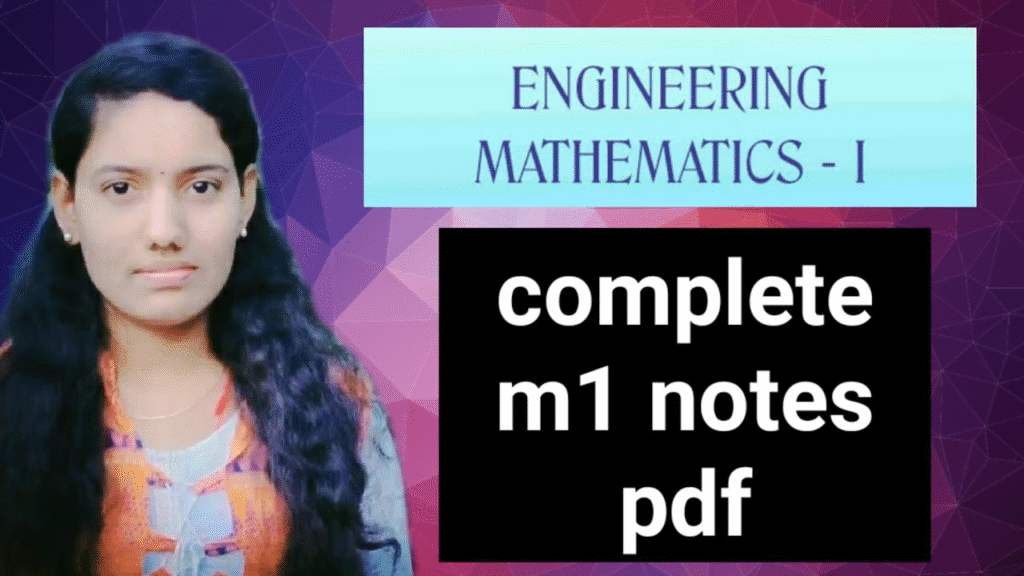
Engineering Physics Notes & Cheatsheets
Physics in BTech focuses on applying science concepts to engineering problems.
Key Topics Covered:
- Oscillations & Waves
- Optics & Lasers
- Quantum Mechanics Basics
- Semiconductor Physics
- Electromagnetism
- Superconductors & Nanotechnology
Cheatsheet Includes:
- Definitions & key formulas
- Derivations in stepwise format
- Diagrams for optics & circuits
- Short notes for viva questions

Engineering Chemistry Notes & Cheatsheets
Chemistry in BTech covers applied aspects relevant to materials and environment.
Key Topics Covered:
- Atomic Structure & Bonding
- Electrochemistry
- Polymers & Composites
- Water Treatment & Corrosion
- Fuels & Energy Sources
- Environmental Chemistry
Cheatsheet Includes:
- Important chemical equations
- Electrochemistry formulas
- Difference between corrosion types
- Quick notes for polymers & composites
Engineering Mechanics Notes & Cheatsheets
This subject introduces the basics of mechanics needed in civil, mechanical, and aerospace fields.
Key Topics Covered:
- Laws of Motion
- Friction & Equilibrium
- Stress & Strain
- Centroid & Moment of Inertia
- Beams & Trusses
Cheatsheet Includes:
- Free body diagram examples
- Equilibrium formulas
- Short notes on trusses and beams
- Common derivations simplified
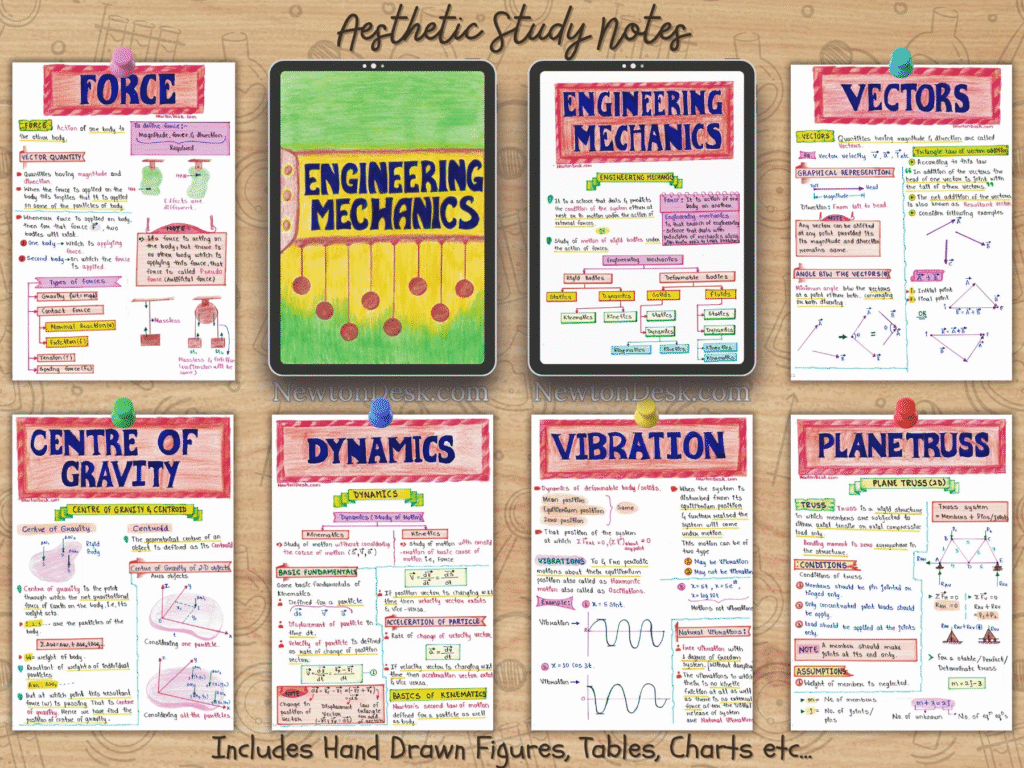
Basic Electrical Engineering (BEE) Notes & Cheatsheets
Electrical engineering fundamentals are crucial for all streams.
Key Topics Covered:
- Ohm’s Law & Kirchhoff’s Laws
- AC & DC Circuits
- Transformers & Generators
- Network Theorems
- Electrical Machines Basics
Cheatsheet Includes:
- All formulas for AC/DC circuits
- Network theorem shortcuts
- Machine working principle diagrams
- Important numerical solutions
Computer Programming (C Programming) Notes & Cheatsheets
Most universities introduce C programming as the first coding subject.
Key Topics Covered:
- Basics of C Programming (Variables, Loops, Functions)
- Arrays, Pointers & Structures
- File Handling
- Algorithms & Flowcharts
Cheatsheet Includes:
- Syntax-based code snippets
- List of commonly asked programs
- Pointers & memory management notes
- Sample lab viva questions
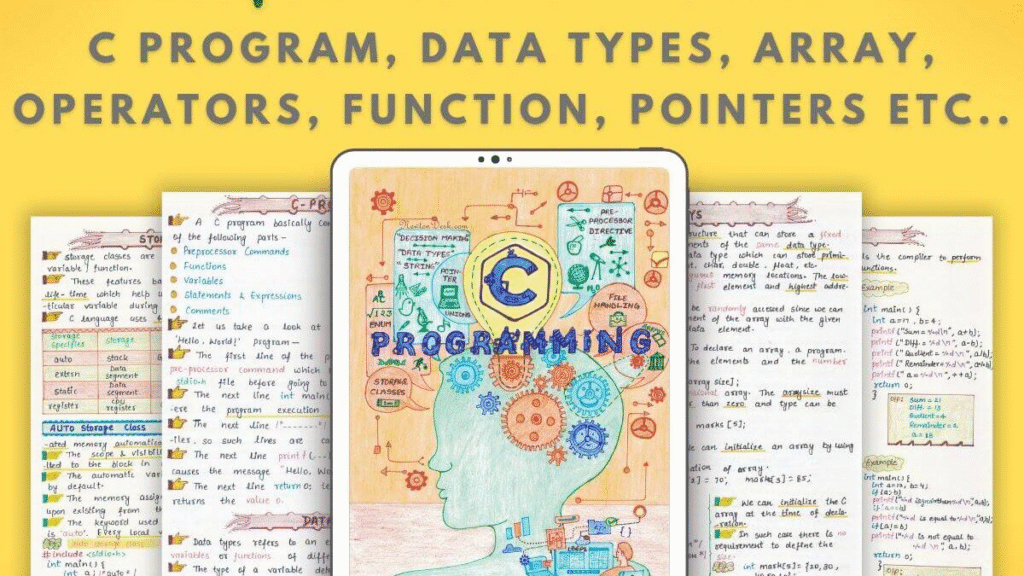
Engineering Graphics Notes & Cheatsheets
This subject teaches how to visualize and draw engineering diagrams.
Key Topics Covered:
- Orthographic & Isometric Projections
- Sectional Views
- Geometric Constructions
- CAD Basics
Cheatsheet Includes:
- Standard drawing conventions
- Projection diagrams step-by-step
- List of frequently asked graphics problems
Environmental Studies (EVS) Notes & Cheatsheets
EVS introduces students to sustainability and environmental protection.
Key Topics Covered:
- Ecosystems & Biodiversity
- Natural Resources
- Pollution & Control Measures
- Environmental Laws
- Renewable Energy
Cheatsheet Includes:
- Quick points for biodiversity
- Pollution control case studies
- Environmental acts summary
Communication Skills / English Notes & Cheatsheets
This subject builds communication and presentation skills.
Key Topics Covered:
- Technical Report Writing
- Grammar & Vocabulary
- Presentation Skills
- Group Discussions
Cheatsheet Includes:
- Common grammar rules
- Sample report formats
- GD & interview preparation tips
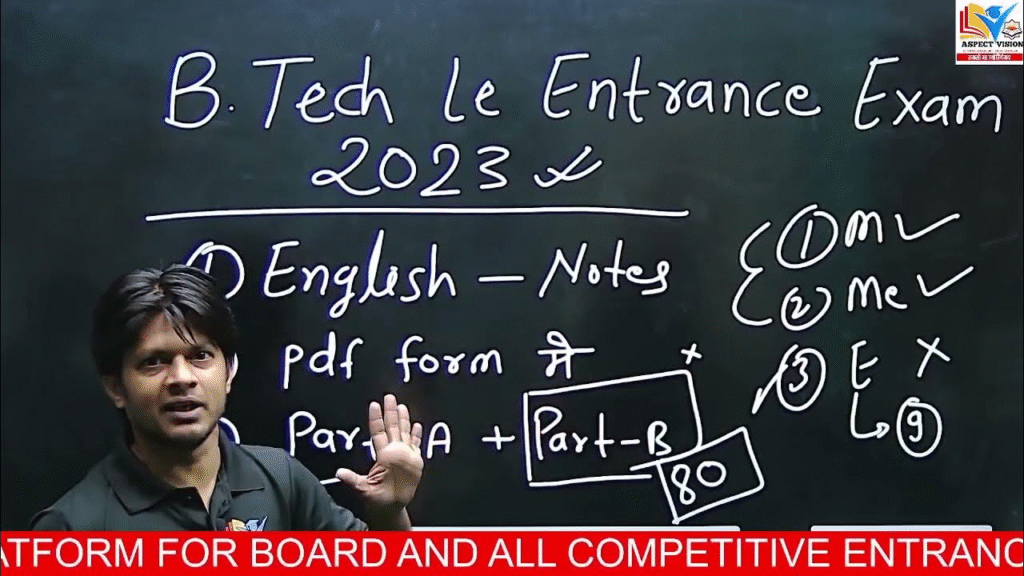
Quick Revision Tips for BTech 1st Year
- Focus on formula sheets before exams.
- Practice previous year question papers.
- Make short notes while revising.
- Revise daily instead of last-minute cramming.
- Use concept maps and diagrams for quick memory recall.
FAQs – BTech 1st Year Notes & Cheatsheets
1. Are these notes useful for all universities?
Yes, the notes and cheatsheets cover universal topics found in most BTech syllabi like Mathematics, Physics, Chemistry, Mechanics, and Programming. Minor variations can be adapted easily.
2. Can I rely only on cheatsheets for exams?
Cheatsheets are excellent for revision, but you should also understand core concepts through lectures and textbooks. Use cheatsheets mainly for last-minute exam prep.
3. Where can I get previous year BTech 1st year papers?
Most universities upload them on their official websites, and you can also find compiled PDFs on student forums.
4. Do these notes help in competitive exams like GATE?
Yes, the 1st year syllabus overlaps with basics of Physics, Mathematics, and Engineering concepts asked in exams like GATE, IES, and PSU recruitment.
5. How should I prepare for BTech lab viva exams?
Go through viva question banks, understand experiment procedures, and revise definitions, formulas, and working principles before the exam.
Conclusion
The BTech 1st year lays the groundwork for your entire engineering journey. Having subject-wise notes and cheatsheets makes revision stress-free and ensures you perform better in exams. Instead of getting lost in bulky textbooks, use concise study materials that highlight key formulas, concepts, and solved examples.
If you want to score higher and save study time, start building your own cheatsheet collection and combine it with practice papers and class notes.
Author Profile
- At Learners View, we're passionate about helping learners make informed decisions. Our team dives deep into online course platforms and individual courses to bring you honest, detailed reviews. Whether you're a beginner or a lifelong learner, our insights aim to guide you toward the best educational resources available online.
Latest entries
 UncategorizedOctober 3, 2025AKTU BTech Important Questions & Notes
UncategorizedOctober 3, 2025AKTU BTech Important Questions & Notes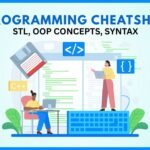 Exam Revision NotesSeptember 24, 2025C++ Programming Cheatsheet – STL, OOP Concepts, Syntax
Exam Revision NotesSeptember 24, 2025C++ Programming Cheatsheet – STL, OOP Concepts, Syntax Exam Revision NotesSeptember 22, 2025Java Programming Cheatsheet – Collections, OOP, Exceptions
Exam Revision NotesSeptember 22, 2025Java Programming Cheatsheet – Collections, OOP, Exceptions UncategorizedAugust 28, 2025BTech 1st Year Notes & Cheatsheets (Subject-Wise)
UncategorizedAugust 28, 2025BTech 1st Year Notes & Cheatsheets (Subject-Wise)

